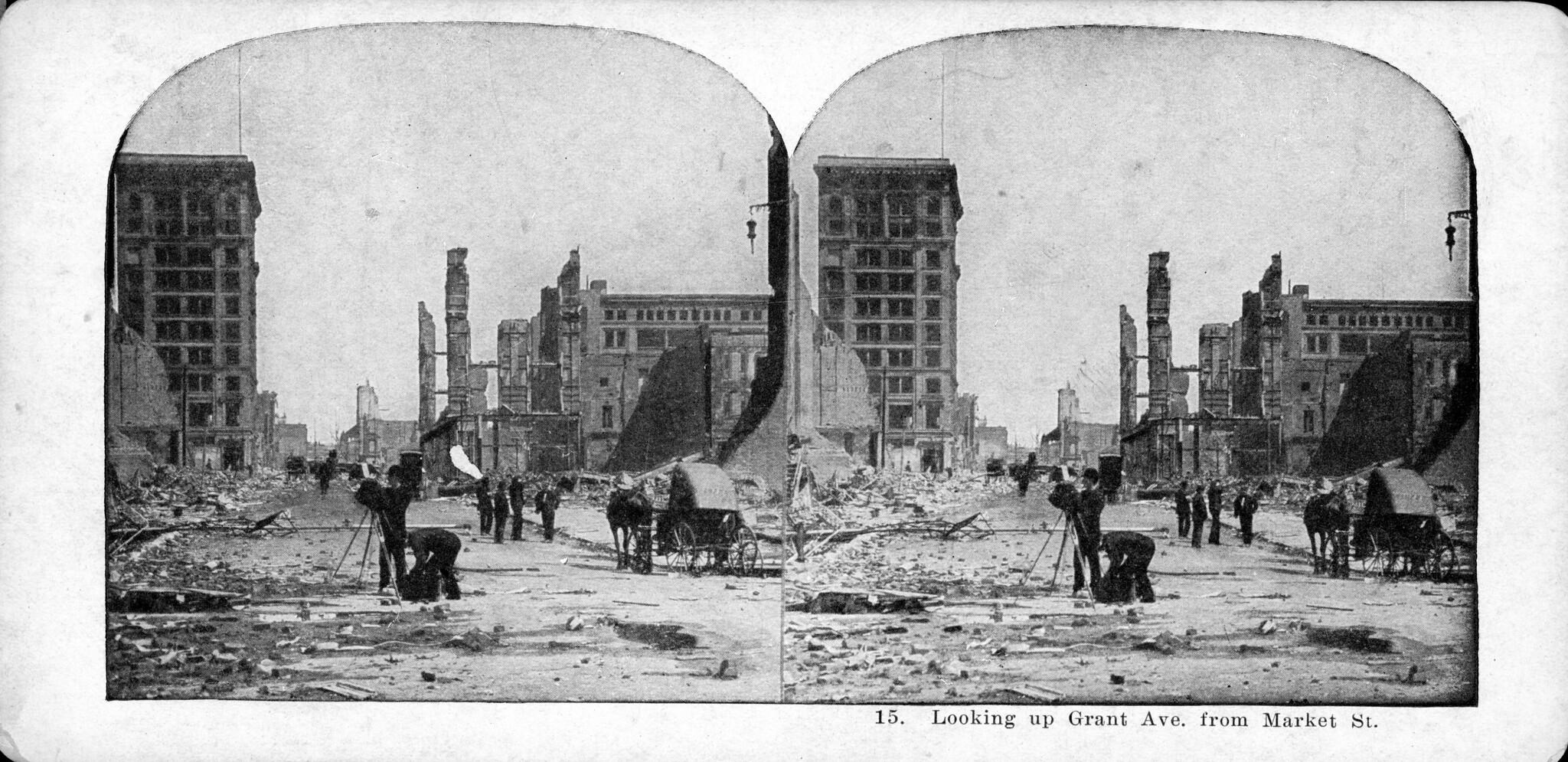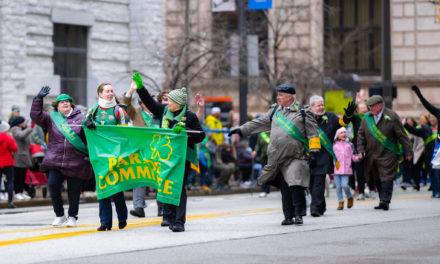The third week of April has been witness to a multitude of historic events in the United States and Northeast Ohio. From significant battles and political decisions to scientific breakthroughs and social change, these events have left a lasting impact on the nation. In this article, we will delve into some of the most memorable occurrences that took place during this week in U.S. and Cleveland, Ohio history.
- The Opening of Cleveland’s Public Auditorium (April 15, 1922)
On April 15, 1922, the Cleveland Public Auditorium opened its doors for the first time. Designed by architects Frank R. Walker and Harry E. Weeks, the auditorium was one of the largest indoor public spaces in the world at the time. The grand opening featured a performance by the Cleveland Orchestra, setting the stage for the auditorium to become an important cultural and entertainment hub. Over the years, the Public Auditorium has hosted numerous concerts, conventions, and other events, playing a vital role in the city’s social and cultural landscape.
- The Hough Riots (April 18, 1966)
The third week of April in 1966 saw a dark chapter in Cleveland’s history with the onset of the Hough Riots. On April 18, tensions between the predominantly African American community of Hough and the Cleveland police escalated, leading to six days of violent unrest. The riots resulted in several deaths, injuries, and extensive property damage. The Hough Riots highlighted the deep-seated racial inequalities and tensions within the city, ultimately leading to the implementation of policies to address these issues and foster greater community cohesion.
- The Cleveland Cavaliers’ Historic Comeback (April 20, 2017)
On April 20, 2017, the Cleveland Cavaliers made NBA history during the third week of April. In Game 3 of the first round of the NBA playoffs, the Cavaliers faced the Indiana Pacers at Bankers Life Fieldhouse. Trailing by 25 points at halftime, the Cavaliers mounted a stunning comeback, eventually winning the game 119-114. This marked the largest halftime comeback in NBA playoff history. The team, led by LeBron James, would go on to reach the NBA Finals that year.
- EarthFest at the Cleveland Metroparks Zoo (April 22, 2018)
The Cleveland Metroparks Zoo has been celebrating Earth Day in the third week of April for many years, hosting EarthFest, Ohio’s largest environmental education event. On April 22, 2018, the zoo welcomed over 10,000 visitors for a day filled with eco-friendly exhibits, workshops, and activities. The event focused on promoting environmental conservation and sustainable practices, raising awareness of the need to protect our planet for future generations. EarthFest has become a beloved annual tradition for Clevelanders, underscoring the city’s commitment to environmental stewardship.
- The American Revolutionary War Begins (April 19, 1775)
The American Revolutionary War, which ultimately led to the United States gaining independence from Great Britain, began on April 19, 1775, with the Battles of Lexington and Concord in Massachusetts. These skirmishes marked the start of a long and arduous struggle for freedom and self-determination, culminating in the signing of the Treaty of Paris in 1783.
- The Great San Francisco Earthquake (April 18, 1906)
One of the most devastating natural disasters in American history, the Great San Francisco Earthquake struck on April 18, 1906, with an estimated magnitude of 7.9 on the Richter scale. The quake and subsequent fires led to the deaths of over 3,000 people and destroyed more than 80% of the city. The disaster led to significant advancements in earthquake-resistant building design and a better understanding of seismic activity.
- The Oklahoma City Bombing (April 19, 1995)
On April 19, 1995, the Alfred P. Murrah Federal Building in Oklahoma City was bombed in a domestic terrorist attack carried out by Timothy McVeigh and Terry Nichols. The attack killed 168 people, including 19 children, and injured more than 500 others. The bombing remains the deadliest act of domestic terrorism in U.S. history and led to a renewed focus on national security and counterterrorism efforts.
- The Deepwater Horizon Oil Spill (April 20, 2010)
The Deepwater Horizon oil spill, one of the largest environmental disasters in U.S. history, began on April 20, 2010, when an explosion on the Deepwater Horizon drilling rig led to the release of millions of barrels of oil into the Gulf of Mexico. The disaster had a profound impact on the region’s environment, wildlife, and local economies. The event prompted increased scrutiny of the oil industry and spurred new regulations aimed at preventing future catastrophes.
- The First Earth Day (April 22, 1970)
The first Earth Day, a global event aimed at raising awareness about environmental issues and promoting environmental protection, took place on April 22, 1970. Earth Day was initially a grassroots movement in the United States, but it has since grown into an international event celebrated by more than 190 countries. The day serves as a reminder of our shared responsibility to protect our planet for future generations.






